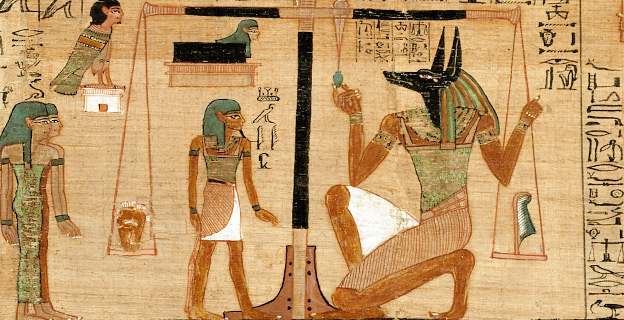Dear Princess ‘Ishka,
It is a shared opinion among those who are sometimes called the “New Atheists” that there is no life after the material death of the body. Being an atheist myself, I find very convincing the argument that, in the absence of any evidence of the continuation of life after death, or of the existence of life separated from its bodily existence, the very possibility of the question regarding afterlife stands on shaky ground. Why then not be agnostic or surrender to skepticism? Because I don’t take the problem of afterlife as a matter of ignorance in front of a certain question, since the question’s validity itself can be doubted in the first place. And if the question is doubtful, we need either to better formulate it or to abandon it. I chose to abandon the theoretical question about the existence of an afterlife, but that does not mean, from my perspective, that it is impossible to formulate it in a meaningful way.
In order to argue for this possibility, I invite you to take a step back and try to understand why the problem of afterlife is so interesting. When our intellect glances at the expanse of the universe and at the natural laws governing it, we are assaulted by the thought of being little and insignificant. But more than our limitation in space, what scares us the most is our limitation in time. We all must die, and death comes with the question of the sense of life. What is the meaning of life? Many religions, like the Christian one, have tried to answer by saying that our lives don’t find an end with death. I take this solution, read as a theoretical approach to the question, to be quite spooky and unconvincing.
On the other hand, the New Atheists are used to answer that the meaning of life (if there is one at all) is in the possibility of leaving a trace of our presence for the future generations or, more poetically, to do something to change the world that will continue after our deaths. But also this solution is problematic, for at least two reasons: (1) what meaning is there for the life of the subject who dies? It can be said that the world has a meaning insofar as there’s human life, or that the lasting things one discovers or creates have meanings for others in the future, but not for a single life: the individual life, from the individual perspective, stays meaningless from its point of view; (2) the new atheists’ solution is quite elitist: who can really leave a meaningful trace of one’s presence on this earth? Aren’t we approximately seven bilions currently? There are influential politicians, famous artists and writers, international pop stars, but the rest? Would we say that only certain lives have meaning and not others? Or that some lives are more meaningful than others?
In my opinion, all these problems are originated by a fundamental misunderstanding of the theoretical question regarding afterlife with the practical one. The theoretical question is meaningless from an atheist perspective, not yet the practical one. With the concept of an afterlife, religion gives hope to people, and the possibility to hold on through the struggles of life. But the New Atheists are doing precisely the same: they depict some sort of “idealistic immortality” based on being remembered, which gives hope and, through hope, meaning.
The practical question about afterlife is not only meaningful, but it looks like as if religious people as well as New Atheists give pretty much the same practical solution!
When we talk about the practical domain regarding the meaning of life, we enter a universe of relativisms, where the most different philosophies and religions try to sell their brand in the most creative and equally valid ways. However, if and only if we are willing to give a practical meaning to our lives that is coherent with atheist demands, it seems that the New Atheists’ solution is quite out of track. An atheist practical solution must take into account the limitation of our individual existence and give meaning only within the perspective of a single life, because with the end of that life, we encounter the end of that life’s meaning from the individual’s perspective. Even with such constrains, the practical solutions appear to be almost infinite: from hedonism to stoicism, from oriental religions to western utilitarianism, and so on. So far, the most convincing and inclusive solution I have personally found, follows somewhat the old-but-gold Aristotelian teaching, namely that meaning is given by the endless attempt to become a better version of ourselves, from as many reasonable perspectives as possible. Do you think it’s trivial? Maybe so, but as long as it doesn’t contemplate hell, I will be willing to embrace any more original solution you would like to offer!
Forever yours,
‘Miasha

